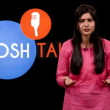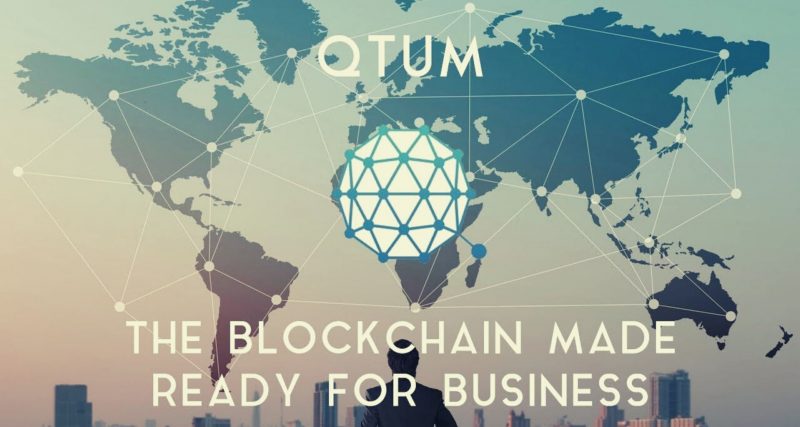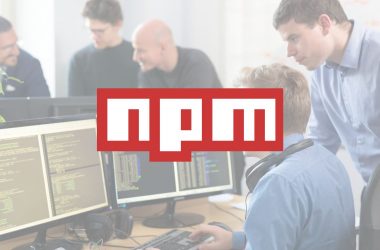Qtum (QTUM) Cryptocurrency is a simple decentralized open-source, public blockchain platform. In simple language, the Qtum (QTUM) Cryptocurrency platform is a community project that focuses on connecting the communities of Bitcoin and Ethereum, the blockchain system, and the real world. This currency has its basis in the UTXO model and utilizes different virtual machines, including the Ethereum Virtual Machine. The Ethereum Virtual Machine or EVM refers to a blockchain-built software that enables the creation of other dApps or decentralized apps. To be precise, the UTXO is the number of cryptocurrencies that the user leaves after completing the transaction.
What Is Qtum (Qtum) Cryptocurrency?
The Qtum (QTUM) Cryptocurrency focuses on the AAL (account abstraction layer) that merely supports the execution of smart contracts. Moreover, the account abstraction layer hides the internal code and filters data. Furthermore, the network of the Qtum (QTUM) Cryptocurrency adopts the POS (proof of stake) consensus mechanism to resit the damage to the network environment. Finally, the Qtum (QTUM) Cryptocurrency enables particular blockchain settings to be changed using some intelligent contracts. For instance, the Qtum (QTUM) Cryptocurrency blocksize can be easily altered without altering blockchain rules.
Furthermore, the Qtum (QTUM) Cryptocurrency token is a native token of the QTUM platform and is based on the ERC 20 protocol. The Qtum (QTUM) Cryptocurrency tokens execute a standard application programming interface, also known as API, for the coins within the smart contracts on Qtum. The Application Programming Interface is a simple software that enables the communication between two different applications.
ADVERTISEMENT
Who Are The Founders Of The Qtum (Qtum) Cryptocurrency?
The founder of the Qtum (QTUM) Cryptocurrency is Patrick Dai; he is the chairman of the Qtum Foundation. Patrick Dai studied computer science at Draper University and later dropped out of the Ph.D. from the Chinese Academy of Sciences. Furthermore, he started his career as a product manager at Alibaba. After that, he worked on a series of blockchain projects, including Vechain, Factom, Bitse Group, and Meilink, before beginning the task of Qtum (QTUM) Cryptocurrency in the year 2016. The other two founders of the project Qtum (QTUM) Cryptocurrency are Jordan Earls, a lead developer, and Neil Mahi, a blockchain architect. However, many of the team members listed on the official website of Qtum (QTUM) Cryptocurrency seem not to have an active Github profile or a Linkedin page. Therefore, Qtum (QTUM) Cryptocurrency has different high profile backers, including the Bitcoin com’s Roger Ver and Jeremy Gardner, an early crypto investor turned into skincare professional.
What Makes The Qtum (Qtum) Cryptocurrency Unique?
Qtum (QTUM) Cryptocurrency is a simple general-purpose blockchain that tried to address four main issues that its founders found as the most problematic ones in the ETH and BTC blockchain platforms that are rigidity, governance, interoperability, and costliness of POW (proof of work) mechanism and the difficulty of connecting the smart contracts with real-life applications. Furthermore, theQtum (QTUM) Cryptocurrency blockchain has two unique technologies that focus on solving the AAL (Account Abstraction Layer) and DGP (Decentralized Governance Protocol).
HOW MANY QTUM (QTUM) CRYPTOCURRENCIES ARE THERE IN CIRCULATION? As per the Qtum (QTUM) Cryptocurrency whitepaper, the initial supply of the Qtum (QTUM) Cryptocurrency coins was 100 million, all of which were instantly minted before the project Qtum (QTUM) Cryptocurrency went online. Around 51 million coins were sold to the public through an ICO process in 2017. Over that, more than 8 million coins went to the early private investors, and around 12 million coins were allocated to the project team with a four-year lock-up. The process was controlled by the Qtum (QTUM) Cryptocurrency Chain Foundation, a non-profit company registered in Singapore.
ADVERTISEMENT
Primary image referred from forbes.com
Bonus Tip: Consider doing fun and different activities every day. This has proven to be a very strong point for many people to turn their day around. Try adding small elements to your daily routine that will have a tiny positive effect on your life. Watching a funny video, reading an inspirational quote, and visiting fun sites like fortune-telling websites, could have a positive effect on your life.
ADVERTISEMENT








